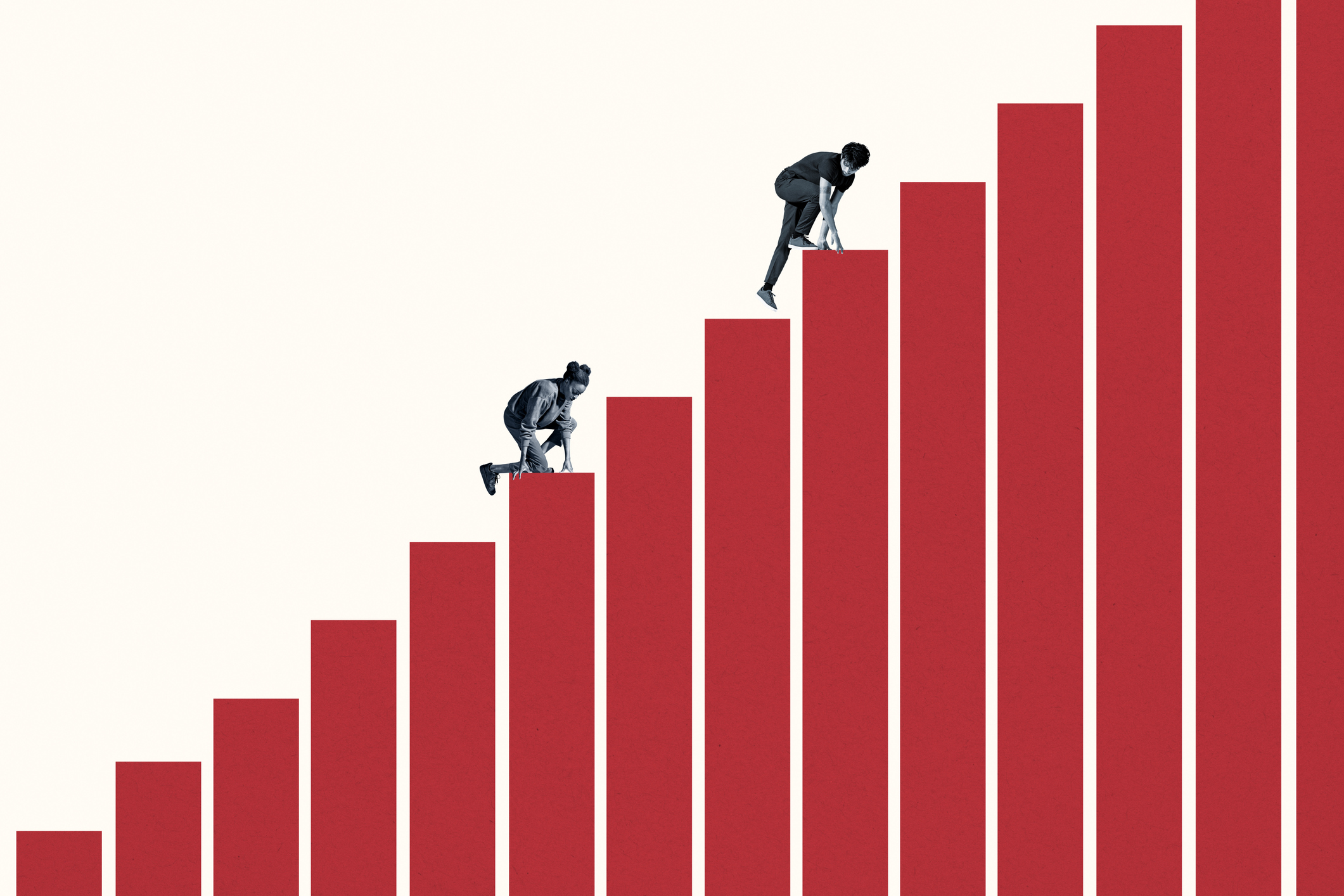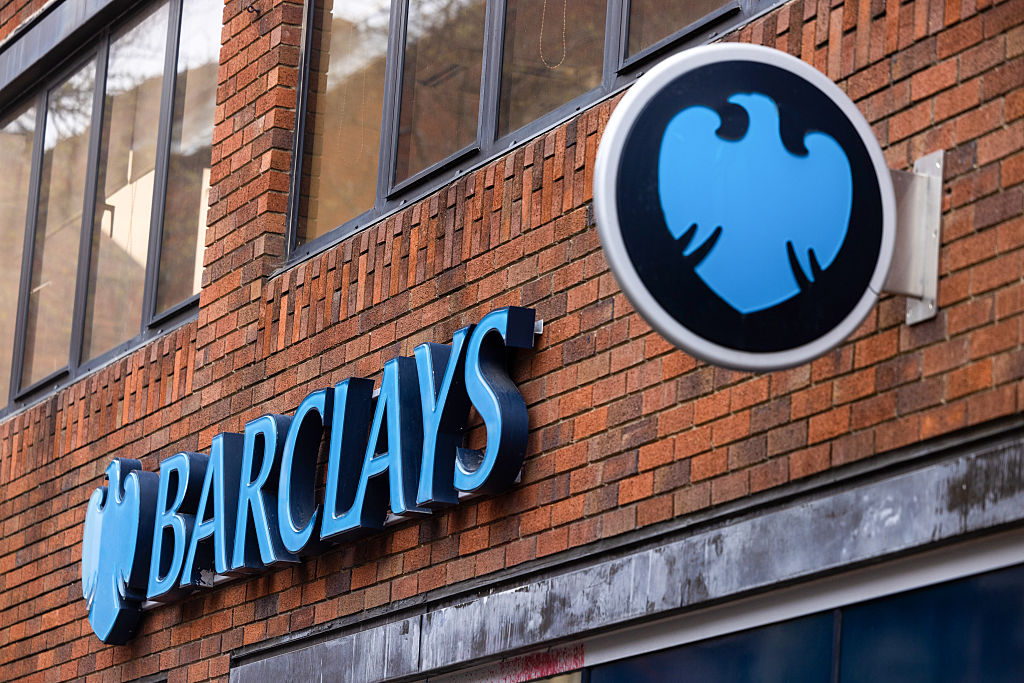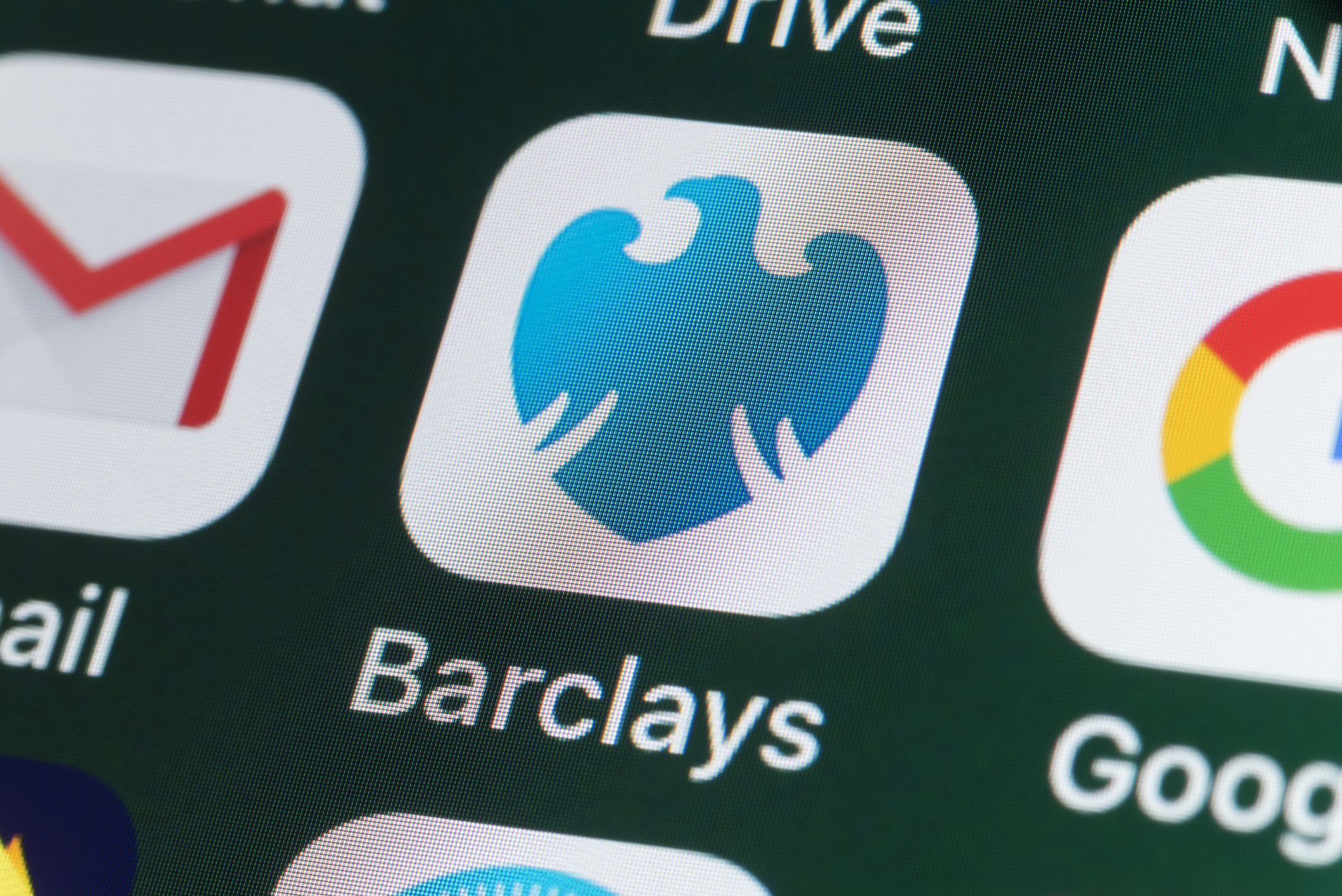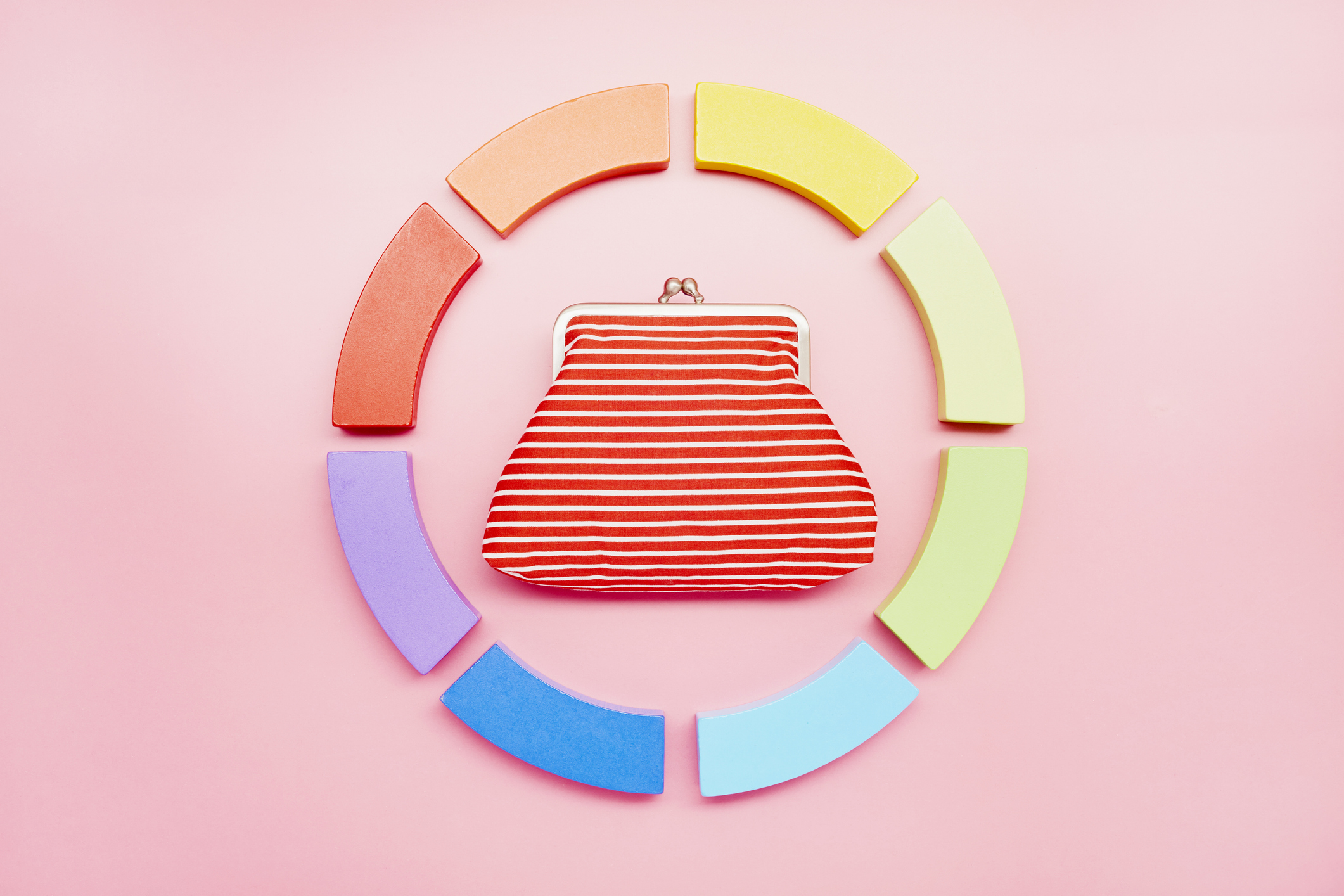Stocks beat cash and bonds over the long term
Far more cash Isas are set up than stocks and shares Isas, says Marina Gerner. That's odd given the higher returns from stocks in the long run.

Get the latest financial news, insights and expert analysis from our award-winning MoneyWeek team, to help you understand what really matters when it comes to your finances.
You are now subscribed
Your newsletter sign-up was successful
Want to add more newsletters?

Twice daily
MoneyWeek
Get the latest financial news, insights and expert analysis from our award-winning MoneyWeek team, to help you understand what really matters when it comes to your finances.

Four times a week
Look After My Bills
Sign up to our free money-saving newsletter, filled with the latest news and expert advice to help you find the best tips and deals for managing your bills. Start saving today!

"Sad to say, most people are still keeping their money where it is least likely to do them much good," says Ian Cowie in The Sunday Times. Three times more cash Isas than stocks and shares Isas were set up in 2017-2018, with £7.8m funnelled into cash and £2.8m into the stockmarket, notes Cowie.
Those who deposit money with a bank opt for a guarantee that they'll get some interest and their money back. But in times when inflation has risen beyond the interest provided by most bank accounts, this will destroy your wealth."With inflation outstripping cash Isa returns by about 2%, your £100,000 lump sumwill fall to just £81,790 in real terms over ten years," says Michael Martin of Seven Investment Management in the Financial Times.Every year, however, we receive a powerful reminder that equities are far more likely to produce high medium- and long-term returns than cash deposits or lending to governments (which is also prone to inflation).
The latest annual Barclays Equity Gilt Study shows that since 1899 British stocks have returned 4.9% a year in real terms, compared to 1.3% for gilts and 0.7% for cash. Over the last decade, the respective figures are 5.8%, 2.7% and -2.5%. An investment kept for five years at any stage since 1899 has had a 76% chance of outperforming cash and a 72% chance of doing better than gilts. Extend the holding period to ten yearsand those figures climb to 91%and 77%.
MoneyWeek
Subscribe to MoneyWeek today and get your first six magazine issues absolutely FREE

Sign up to Money Morning
Don't miss the latest investment and personal finances news, market analysis, plus money-saving tips with our free twice-daily newsletter
Don't miss the latest investment and personal finances news, market analysis, plus money-saving tips with our free twice-daily newsletter
The stockmarket continuously beats cash because shareholders own the companies that produce many of our goods and services, so they're "likely to benefit from improvements in efficiency and inventions that occur over time", says Cowie.As economies grow, their companies' profits expand and an investor's share grows with it. It's the short-term volatility that puts investors off equities, but they should grit their teeth and ride it out. Despite some awful years, including two world wars and a depression, equities still came out ahead.
Income is crucial
If you're worried about volatility, "calm yourself by thinking about the incredible power of dividends to alleviate market turmoil", says Martin. Last year, the FTSE 100 index made zero share-price gains, but it delivered a 5% return from its dividends. The Barclays study also shows that reinvesting income dividends is crucial to healthy long-term returns. If you invested £100 in UK stocks at the end of 1945 without reinvesting the dividends, the amount would now be worth £244 after inflation. But with reinvested income the initial stake would have climbed to £5,573. It bodes well, then, that payouts kept climbing last year: the FTSE All Share dividend gained another 8% in 2018.
Silver will hitch a ride on gold
While gold has been rallying over the last six months, silver's performance has been underwhelming. But this could soon change. "As investors' appetite for gold improves, silver might share in the yellow metal's prosperity," says Myra P Saefong on Barron's. Silver, like gold, is a monetary metal, deemed a safe haven and store of value. It tends to mimic gold's movements but is typically more volatile as the market is smaller.
One "real risk" is inflation. says WIll Denyer of Gavekal Research. Investors are looking the other way thanks to the recent growth scare. But the outlook is improving and given the extremely tight labour market and rising wages, there is a danger that US "inflation and inflation expectations rebound to levels that are too high for comfort". That would raise the prospect of higher interest rates, and "equities... are unlikely to respond kindly". The possibility of further trade disputes worsening is another risk that could stoke demand for a safe haven.
Meanwhile, mine production is "stuttering", with the largest silver mines seeing output drop by 9% last year, according to Ross Strachan of Capital Economics. So the demand and supply picture also bodes well.Silver is also an industrial metal and used in solar panels, which are a growing source of demand. Other areas using silver include medicine and electronics. Capital Economics expects the silver price to gain 16% by the end of the year.
Get the latest financial news, insights and expert analysis from our award-winning MoneyWeek team, to help you understand what really matters when it comes to your finances.
Marina Gerner is an award-winning journalist and columnist who has written for the Financial Times, the Times Literary Supplement, the Economist, The Guardian and Standpoint magazine in the UK; the New York Observer in the US; and die Bild and Frankfurter Rundschau in Germany.
Marina is also an adjunct professor at the NYU Stern School of Business at their London campus, and has a PhD from the London School of Economics.
Her first book, The Vagina Business, deals with the potential of “femtech” to transform women’s lives, and will be published by Icon Books in September 2024.
Marina is trilingual and lives in London.
-
 Should you buy an active ETF?
Should you buy an active ETF?ETFs are often mischaracterised as passive products, but they can be a convenient way to add active management to your portfolio
-
 Power up your pension before 5 April – easy ways to save before the tax year end
Power up your pension before 5 April – easy ways to save before the tax year endWith the end of the tax year looming, pension savers currently have a window to review and maximise what’s going into their retirement funds – we look at how
-
 Nationwide promises to protect all its branches from closures until at least 2030
Nationwide promises to protect all its branches from closures until at least 2030The building society has extended its pledge to keep all high street Nationwide and Virgin Money branches open, now until at least 2030.
-
 Barclays bank switch: how to get £400 'free' cash by moving accounts
Barclays bank switch: how to get £400 'free' cash by moving accountsBarclays has unveiled a £400 current account switching offer, running alongside its £500 ISA transfer deal. Which accounts are on offer, and are you eligible?
-
 Green mortgages: how do they work and how much can you save?
Green mortgages: how do they work and how much can you save?Most high-street lenders now offer some kind of green mortgage deal. We look at who’s eligible, how to apply and the mortgage rates and cashback on offer
-
 Thousands of Brits switch to Nationwide, Monzo and NatWest – which banks are least popular?
Thousands of Brits switch to Nationwide, Monzo and NatWest – which banks are least popular?We look at the most and least popular banks and building societies as current account bank switches reach a record high. Is it worth moving your money?
-
 Barclays to pay millions in compensation after IT outage chaos
Barclays to pay millions in compensation after IT outage chaosBarclays intends to compensate customers after an IT outage caused payment problems for three days
-
 Barclays reports large spike in romance scams - here's how to avoid them
Barclays reports large spike in romance scams - here's how to avoid themThe UK bank found a 139% increase in the total value of romance scams
-
 Nationwide, HSBC, Barclays and Virgin Money customers hit by payment issues
Nationwide, HSBC, Barclays and Virgin Money customers hit by payment issuesThe problems have been compounded as Friday is the last day of the month when many people are paid by their employer
-
 Best and worst UK banks revealed
Best and worst UK banks revealedWe reveal the best UK banks – and the worst – when it comes to managing your money and good customer service. How does your provider compare?